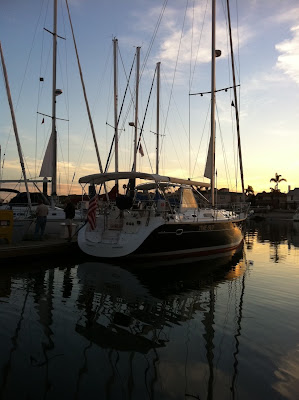
I had a rough week. As a mediator, on occasion, instead of feeling like each side's ally, one or the other side chooses to demonize us. This week, it was a landlord and tenant dispute in which I questioned whether an attorney/tenant would be able to prove a renewal of his lease by virtue of an oral agreement, which did not include an assent as to the material terms, including rent and length of the lease extension. I also stuck my neck out and offered that I didn't believe that a jury would be sympathetic to a little girl who had been seeing a "life coach" for a year following an auto accident to help her transition into the first grade. Both lawyers raised their voices at me and treated me as the "She-Devil" incarnate! (I'm pleased to advise that one of these cases has since settled based upon the Devil's Mediation Proposal which followed).
It was so helpful for me to read the interview of Richard D. Fain, Chairman and C.E.O. of Royal Caribbean Cruises today in the New York Times business section for that reason. He talked about his mentor, Jay Pritzker (founder of Hyatt Hotels) who was often his No. 1 antagonist, arguing vociferously against whatever he was proposing. Pritzker, he said, questioned him in a "highly skeptical tone" and even called him crazy. His conclusion was "you learn more by arguing with someone than just agreeing with them I learn more about whether somebody really believes their point of view and has thought it through, and it also helps me clarify in my own mind the direction I'm going."
So the next time one of the attorneys is demonizing me for that kind of skeptical questioning and antagonism, I'll remind myself that I'm actually helping them to clarify whether they believe in their point of view, have thought it through and wish to follow the direction they've started down, or change the course as the result of these "tough questions".

